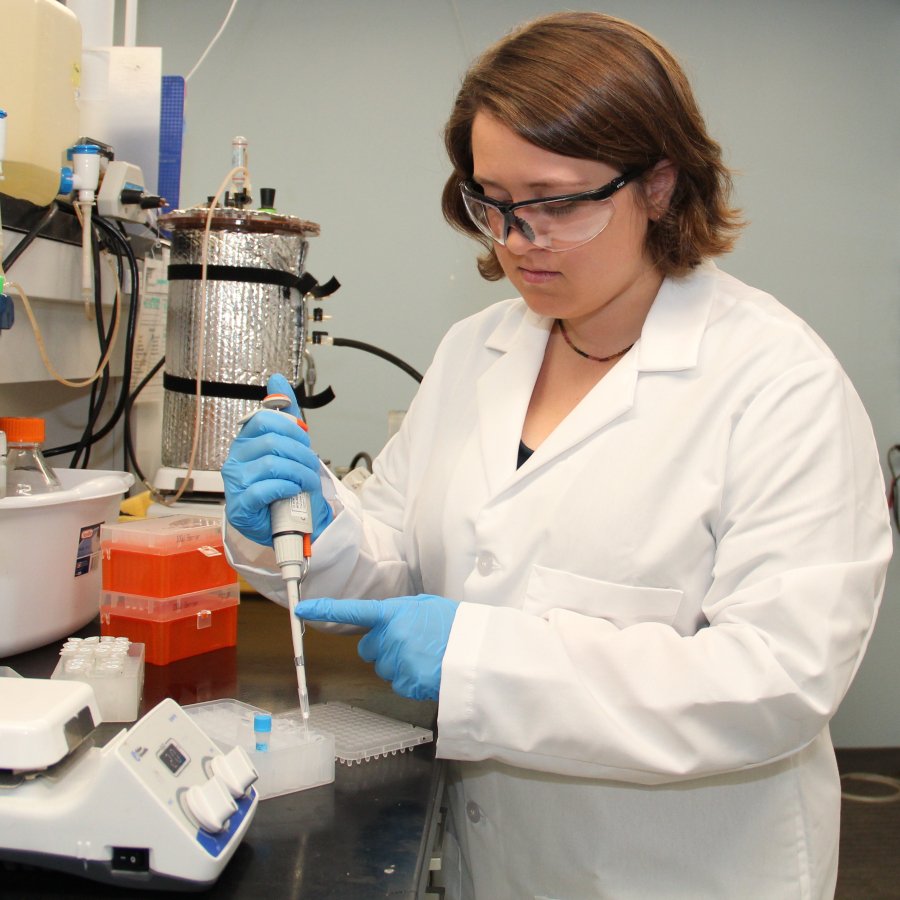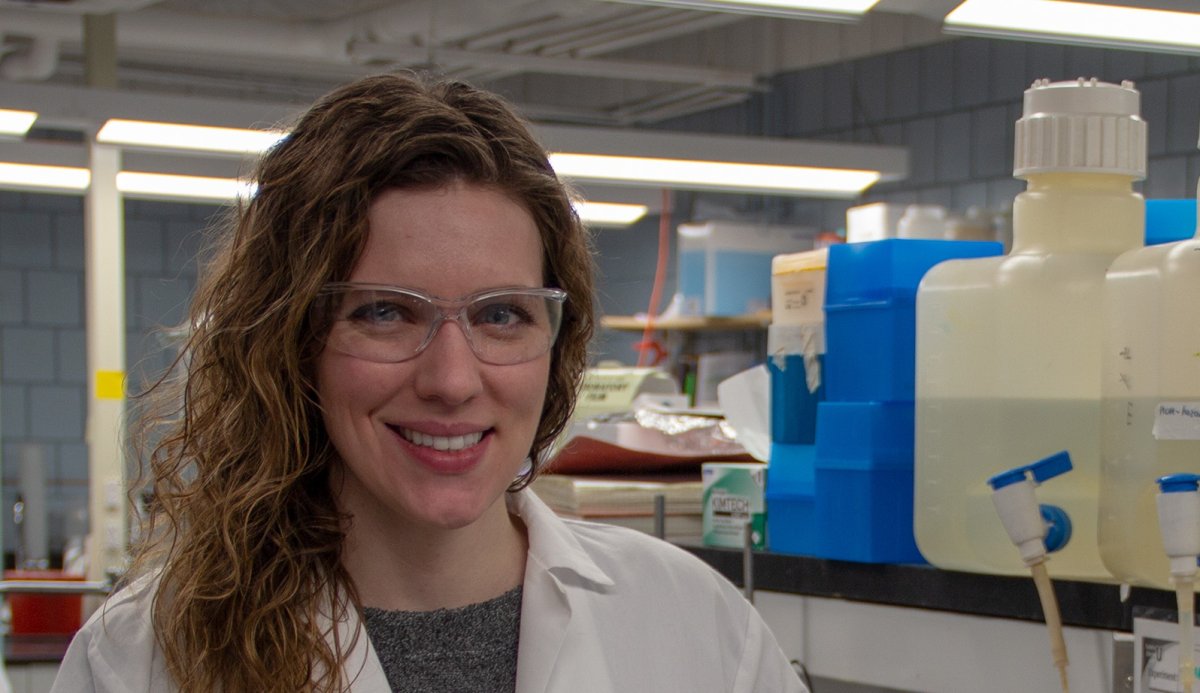Areas of Emphasis
The Department of Civil, Environmental, and Geo- Engineering offers specializations in five broad areas. However, graduate students often conduct research on topics that span multiple areas, departments, or colleges at the University of Minnesota.
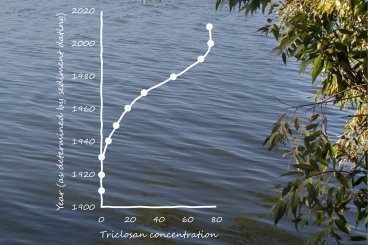
Our environmental engineering research program seeks innovative and sustainable solutions to soil-, air-, and water-related problems in natural and engineered systems. Focus areas include environmental chemistry, water and wastewater treatment, soil and groundwater remediation, environmental microbiology, pollution prevention, energy and environment, air pollution, and pollutant fate and transport.
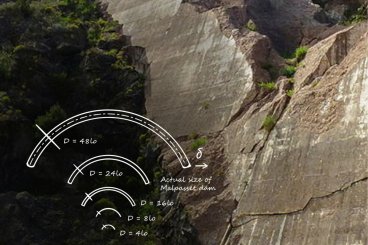
Geomechanics focuses on the applications of engineering techniques and scientific principles in the study of rock, soil, and subsurface fluids. The program comprises the specialty fields of rock mechanics, soil mechanics, soil dynamics, groundwater flow, pavement materials, and geoengineering systems modeling.
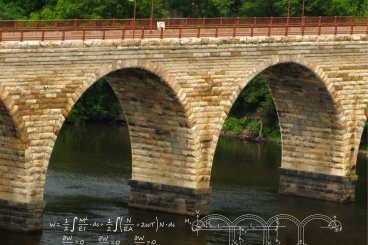
Structural engineering places a strong emphasis on analyzing and solving engineering problems associated with manmade structures. Research areas include earthquake-resistant design, durability, structural repair and rehabilitation, composite structural systems, behavior of composite plates and fiber composites, high-strength materials, bridge rating, structural safety and reliability, large deformations and stability, and computational methods.
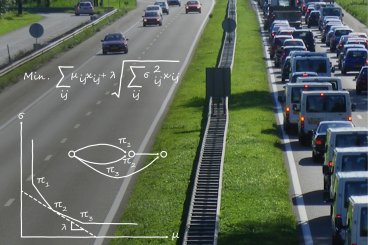
Transportation engineering is a multi-modal field that includes highway, transit, aviation, maritime, rail, and pipeline systems. It considers the user, the vehicle, and the infrastructure required to move people and goods safely and efficiently within and between cities. Topics include highway engineering, traffic engineering, pavement design, transit operations, transportation planning and policy, systems analysis, and autonomous vehicles. Advanced monitoring systems are used to collect transportation data and computer simulation models are used to analyze that data.
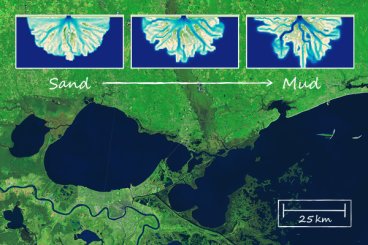
Water resources engineering incorporates environmental, geophysical, and engineering fluid dynamics including processes that are important in understanding the behavior of water and changes in water quality in natural and engineered systems. General areas of research include hydrologic processes, environmental hydraulics, hydraulic structures, fluid mechanics, and river engineering.



